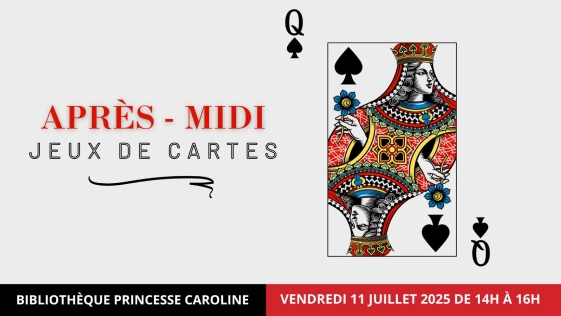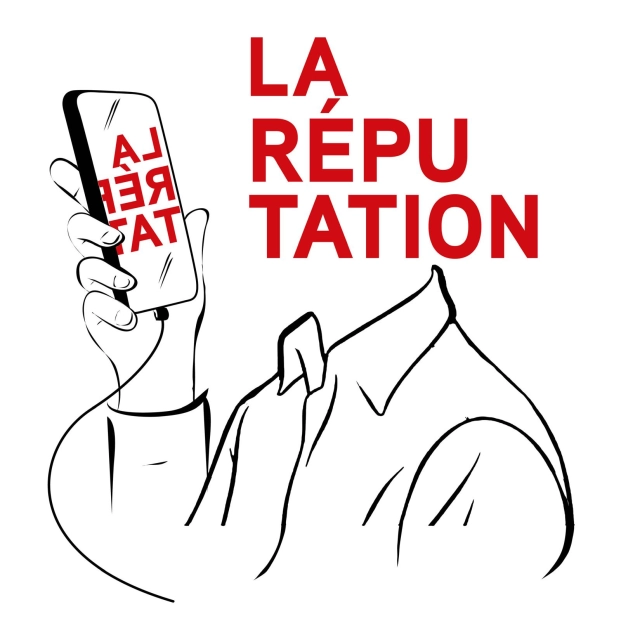
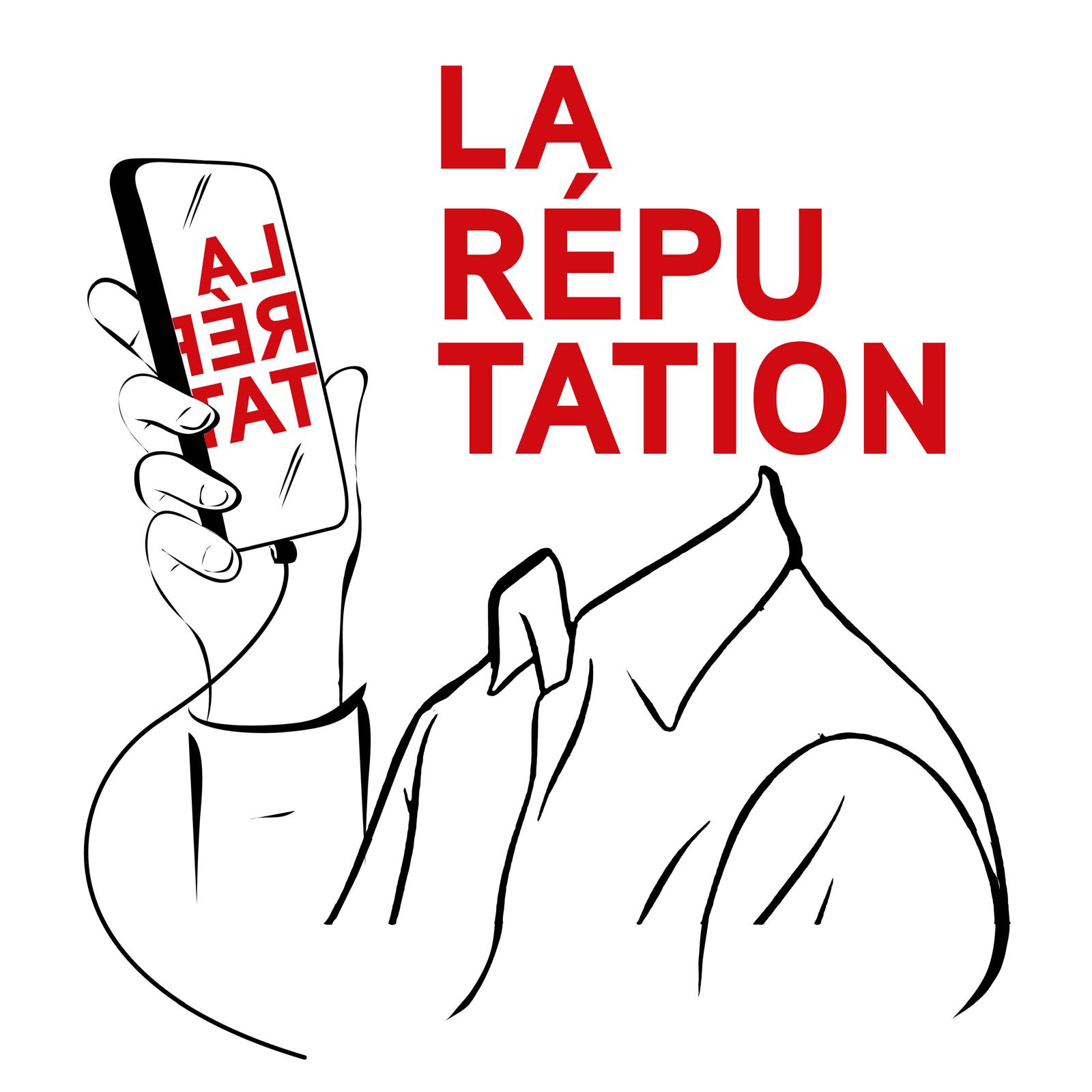
Reputation

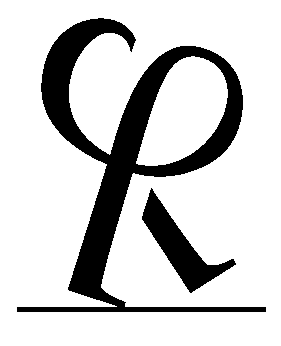
Introduction
In the same way that we speak and become subjects by receiving the language of other people, so what we are and what we think depends largely – at least to begin with – on what others think and think that I am. Show-offs and oddballs who profess to be completely immune to what others think of them would thus appear to lack credibility. We all know that a single word from a loved one – or even someone we don’t know – can as easily boost our courage and give us a new lease of life as it can mortally wound our soul. What people say (fari) or think (putare) about us gives rise either to fama (which, before being associated with "fame" or "celebrity", first meant a piece of news, often uncontrolled, which spreads quickly and widely), or to reputation, which is made up of opinions, judgements and the ways, positive or negative, we are thought of or regarded by others. It would be dangerous to believe that reputation is based less on who you are than on what you have done, publicly. Somewhat unresponsive to willpower, random and almost impossible to control, it cannot, however, be reduced to a simple "extension" of me, anymore than the cowl makes the monk. It is a form of the presence of others and society in me, from which I cannot (and often do not want) to walk away and which, a little like an accent when we speak, introduces me, precedes me (she arrived for a concert in Paris, preceded by an infamous reputation), foreshadows me, carries me... That is why, as was once the case with honour, an attack on reputation condemns not the appearance but the person themselves. Of course, it is possible to stay quiet, to live happily while remaining hidden, but if you have sought "visibility", fame or celebrity, and won them through your work, your talent, your achievements, your art, then, in the event that they diminish or disappear, this will be experienced as a form of mutilation, accompanied by the pain involved in "returning to anonymity". That used to be the case, in days gone by, for some sports personalities and entertainment figures, when no one remembered their names or even knew that they had once enjoyed huge popularity.
The digital revolution, social media and instant, widespread communication have changed things. Reputation is no longer tied to fame acquired through one’s achievements (regardless of the form they take: in film, architecture, cooking, sport, art, literature, graphic design and so on), but can instead emerge in seconds as a result of a tweet, a story, an image or a video which "makes its way around the world". What is more, it is linked to the simple, often playful, "activity" that we all engage in on social media and which, nolens volens, creates an online reputation. This can be long-lasting, though is more often short-lived, but because complete strangers have helped to forge it, it is completely uncontrollable and at the mercy of anyone and everyone. In other words, each of us is now a "public figure", whose real, private personality may be a total mystery – what really count are our "profiles", "posts" and "activities". Clearly, this can earn a great online reputation, measured in likes and numbers of followers, but equally clearly it leaves us exposed – even if we do everything possible to carefully consider what we say in public, putting out nothing that might be misinterpreted – to all kinds of random opinions, malicious gossip, back-stabbing and bullying. It only takes one message, picked up and passed on with an incomprehensible and despicable voracity – a bit of spiteful gossip, a taunt, a slanderous remark, an unfounded allegation – to ruin a reputation or, rather, to turn it into a "bad reputation", an infamous seal branded not on the victim’s "cowl" but on their actual skin. What has happened in society to produce, on such a large scale, this desire to denigrate and defame? If "man to man is an arrant wolf", war, as we know, is each against all. But what happens if man transforms into an anonymous abuser, spending the night posting malicious messages on asocial media?
Robert Maggiori
© Les Rencontres Philosophiques de Monaco (Monaco Philosophical Encounters)
Informations
Similar events

Raconte-moi...un conte sur les animaux + 4 ans
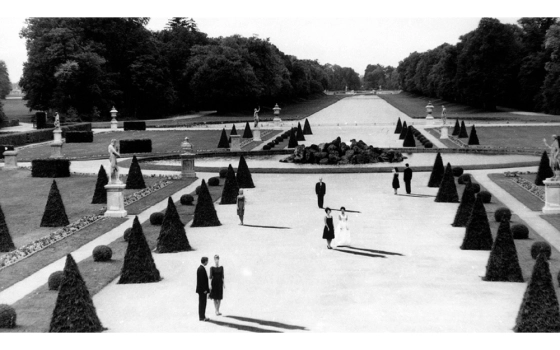
Nocturne et projection de "L'Année dernière à Marienbad" (1961) d'Alain Resnais
